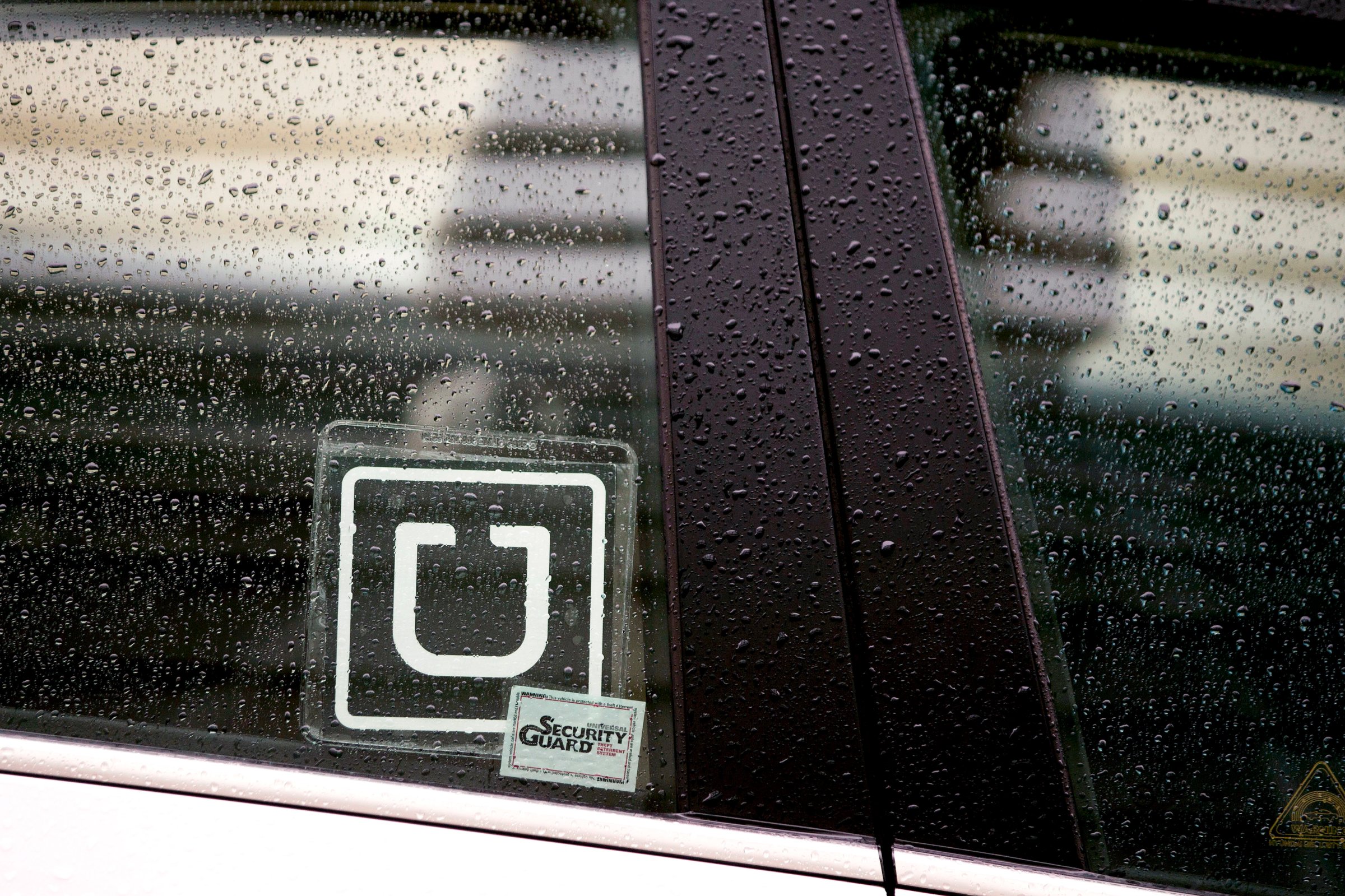
Uber on Thursday unveiled updates to its app to better accommodate deaf drivers.
The special features, being tested in Chicago, Los Angeles, San Francisco and Washington, D.C., are flipped on by drivers. Once activated, drivers will see a flashing light—in addition to an audio notification—to indicate a new trip request. Passengers won’t be able to call deaf or hard-of-hearing drivers; they’ll only be able to relay special pick-up directions by text. Passengers will receive a notification that their driver is deaf or heard-of-hearing, and they’ll get an extra prompt to input their destination.
Thursday’s announcement could be seen as an attempt by Uber to improve its reputation or gain a competitive edge. Disabled passengers have sued Uber in the past for discrimination. One lawsuit by the National Federation of the Blind of California, for example, says an UberX driver stuffed a blind passenger’s guide dog in the trunk and refused to stop the car to let the animal out. Other drivers allegedly refused to pick up blind customers accompanied by dogs.
Uber has denied the allegations, saying that it doesn’t discriminate and can pick up blind passengers. In responding to another lawsuit, Uber argued that as a technology company, it is not subject to laws regulating public transit and other transportation providers, such as the Americans with Disabilities Act.
Passengers have also slammed Uber’s rival Lyft with similar lawsuits, but Lyft has managed to secure a reputation as being more welcoming to disabled drivers.
More Must-Reads from TIME
- Cybersecurity Experts Are Sounding the Alarm on DOGE
- Meet the 2025 Women of the Year
- The Harsh Truth About Disability Inclusion
- Why Do More Young Adults Have Cancer?
- Colman Domingo Leads With Radical Love
- How to Get Better at Doing Things Alone
- Michelle Zauner Stares Down the Darkness
Contact us at letters@time.com